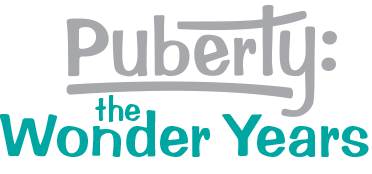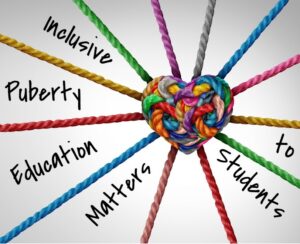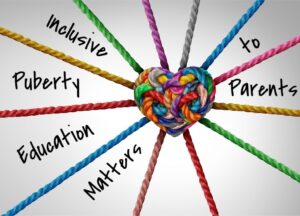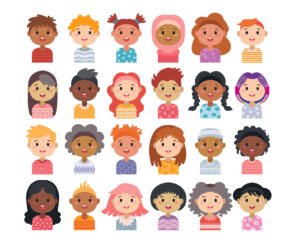Musings on a Father’s Day

As Father’s Day approaches, I feel deep gratitude for my own dad. He was a wonderful man and a great dad to me. His consistent presence in my life and the lessons he taught me by both example and words had a profound impact on my development. These warm memories also remind me that many people don’t (or didn’t) have a father who is available to them or one who fits the stereotype of what a dad “should” be. So, what is a father? What is a dad? What role does a father fill? How important is that role? What happens if a father isn’t filling that role?
First, let’s all agree that having a father and being a father is important and meaningful. Having someone who models healthy masculinity and what it means to be a dad provides children with a source of fatherly love upon which they will base much of their own learning about boys and men. Yet, in our current culture, it’s not easy to sort out what it means to be a man and a father. The Good Men Project has many articles to support men as they sort out their roles.[1],[2],[3]
Depictions of Fathers
Thankfully, today’s media shows many diverse and heartwarming depictions of positive fathering: a dad having a conversation with his toddler,[4] a father showing his trans son how to shave,[5] imperfect fathers doing the best they can to raise healthy children.[6] However, the media has long depicted fathers as bumbling and incapable passive participants in child-rearing.[7] Popular characters like Homer Simpson (The Simpsons), Archie Bunker (All in the Family), and Peter Griffin (Family Guy). Dads can be fun to laugh at, but what are these characters showing us about what it means to be a dad?

Out of curiosity, I looked up some definitions for “father” and “dad.”[8],[9] People who write about these two terms seem to feel strongly that there is a difference between them. Some people cite fathering as something that anyone with sperm can do. The terms “sperm donor” and “bio dad” refer to the act of fathering a child without assuming any ongoing and consistent responsibility for that child’s welfare. In contrast, people speak warmly about dads. “Dad” represents a person who maintains a meaningful and supportive role in the life of their child.[10]
So, what does this mean for puberty education? For kids, this includes observation and emulation of the important adults in their lives. Dads are one of the important adults. If a dad is not available, we can help kids identify and nurture a relationship with another positive man. A normal task of adolescence is to sort out individuality, independence, and identity. As teens work through these tasks, we can give them opportunities to consider what it might mean if they become a parent in the future. We can help them develop the skills they need to be socially and emotionally healthy. That way, if they choose to become a dad, or parent with a dad, or select a dad-surrogate, they will be in a strong and healthy place to make those decisions.
Dads, you are important. Your influence on your own child and other children is long-lasting. So, enjoy your special Father’s Day; but most importantly…
Thank you for being a “Dad,” not just on Father’s Day, but 24/7/365!
Sign up to receive your FREE sample lesson to
see what Puberty: The Wonder Years is all about.
[1] The Good Men Project About Us
[2] “The Difference Between Being a Father and Being a Dad,” Good Men Project
[3] “Why Don’t We Prepare Men for Fatherhood?” Good Men Project
[4] Facebook video of Dad talking to his baby
[6] “Seven Best TV Shows that Highlight the Best in Fatherhood”
[8] Urban dictionary entry for “Dad”
[9] “What is the meaning of being a father?” Quora
[10] “This is What 21st Century Fatherhood Looks Like,” Good Men Project



